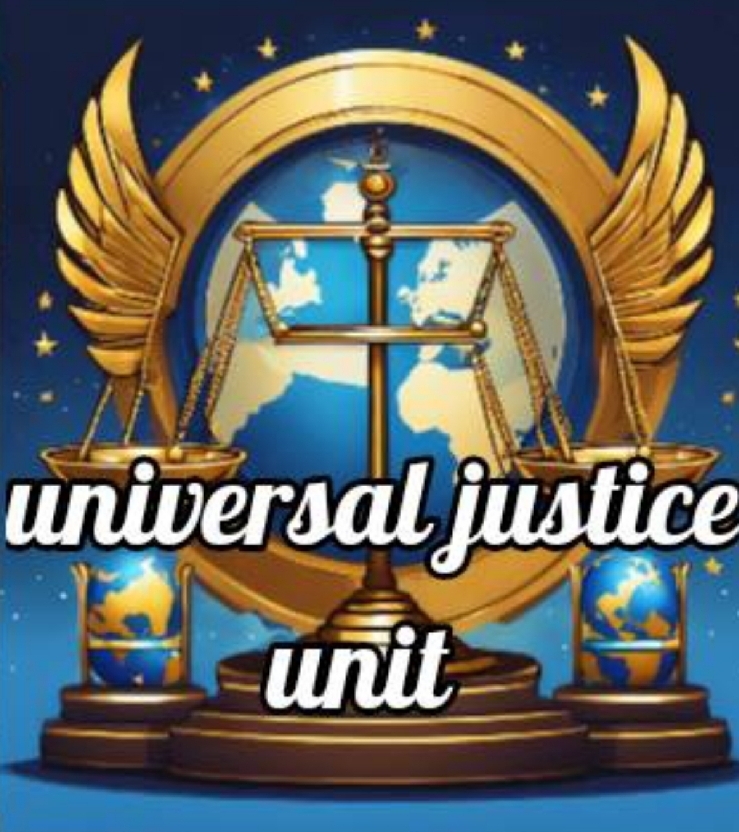 አብ እዲስ አበባ ንዝነብሩ እርትራዊያንBy Mekonnen ZG. Analytic room
አብ እዲስ አበባ ንዝነብሩ እርትራዊያንBy Mekonnen ZG. Analytic room
October 15, 2024
Analysis of Political Trends in Ethiopia and Their Impact on Eritrean MigrantsIntroduction Ethiopia, situated in the eastern region of Africa, has undergone significant political transformations in recent years. These developments affect a variety of demographic groups, particularly Eritrean migrants who are seeking asylum and improved living conditions within Ethiopia. This report aims to explore the prevailing political trends in Ethiopia and their repercussions for Eritrean nationals. 1. Political Developments in Ethiopia Since 2018, Ethiopia has entered a phase of political reforms introduced by Prime Minister Abiy Ahmed. His administration's initiatives focus on enhancing democratic practices, fostering economic growth, and strengthening ties with neighboring nations, including Eritrea. However, these reforms have also led to internal strife and ethnic tensions, resulting in a climate of instability. Key Elements of Political Developments: -Ethnic Tensions: Escalating conflicts among various ethnic groups have led to violence, breaches of fundamental human rights, and threats to the safety of migrants. -Relations with Eritrea: The normalization of diplomatic relations following a prolonged conflict has opened avenues for collaboration, though practical implementation remains challenging. 2. Implications for Eritrean Migrants Eritrean migrants residing in Ethiopia face numerous challenges amid the current political climate: - Living Conditions: Many migrants encounter obstacles in accessing essential services like healthcare and education due to ongoing instability and a lack of resources. -Legal Ambiguity: Shifts in legislation may influence the legal status of migrants, posing risks of deportation or limitations on their fundamental rights. - Social Integration: Ethnic conflicts may result in the marginalization of migrants, hindering their ability to assimilate into society. Introduction Eritrean nationals currently in Ethiopia must pay close attention to the ongoing ethnic conflicts and take necessary precautions to avoid a recurrence of the tragic events witnessed during the administration of Prime Minister Meles Zenawi. It is crucial to remember historical lessons and remain prepared for potential shifts in the political environment. Historical Context During Meles Zenawi's tenure (1995-2012), there were severe persecutions against Eritrean citizens in Ethiopia, leading to widespread repression and violence. These incidents have left a lasting impact on those who lived through them, emphasizing the importance of preventing similar occurrences in the future. Current Situation At present, Ethiopia is facing increased ethnic strife, raising concerns among various demographic groups, including Eritrean citizens. Conflicts between ethnic factions could exacerbate the situation for vulnerable populations, particularly those already in refugee camps or residing in border regions. Recommendations for Eritrean Citizens Conclusion: In light of the escalating tensions related to ethnic conflicts in Ethiopia, Eritrean citizens residing in the country should prepare themselves for potential challenges. Here are several steps they can take: 1. Document Preparation -Personal Identification: Identity cards, passports, and birth certificates. - Financial Records: Bank statements, property deeds, contracts, and bills. - Property Ownership Documentation: Proof of ownership for real estate and other assets. 2. Establishing a Contingency Plan - Safe Evacuation Routes: Identify possible paths for safely exiting the country.